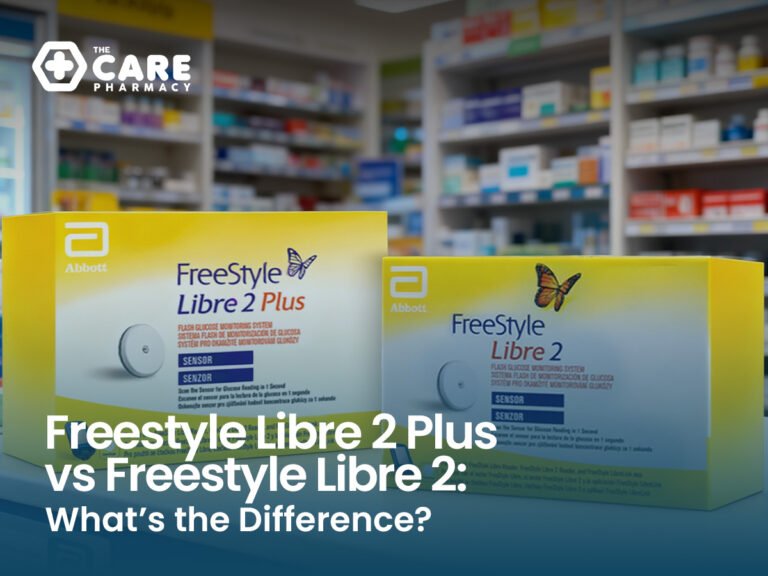
Freestyle Libre 2 Plus vs Freestyle Libre 2: What’s the Difference?
Technology for diabetes care keeps getting smarter, and with Abbott’s new FreeStyle Libre 2,

Technology for diabetes care keeps getting smarter, and with Abbott’s new FreeStyle Libre 2,
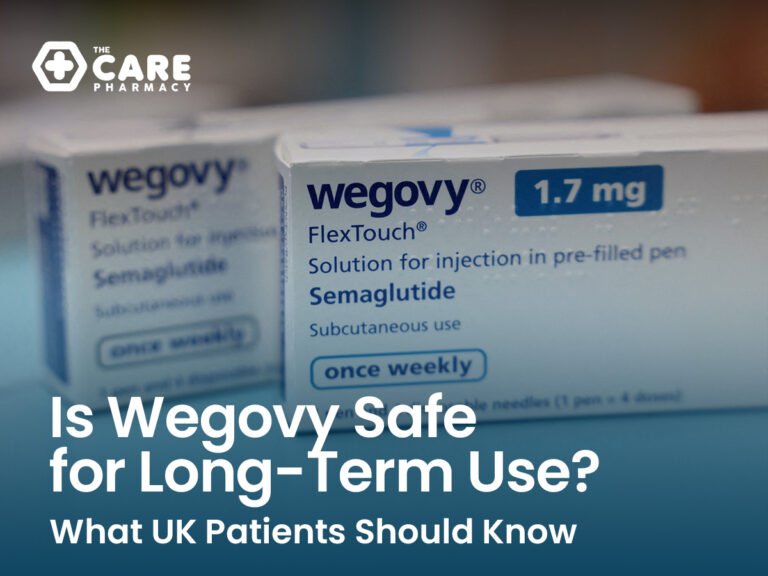
Wegovy, a prescription weight loss injection containing Semaglutide, has gained rapid popularity in the

Wegovy has become one of the most widely prescribed weight loss treatments in the

Wegovy is one of the most popular options for prescription weight management in the

TL;DR Wegovy helps control hunger and appetite, which means you eat less and naturally

Like all prescription medicines, Wegovy can cause side effects, especially during the early stages

If you have reached the dose-escalation stage on Wegovy and achieved your desired weight

Wegovy is now one of the most in-demand treatments for weight management in the

If you’ve been taking Mounjaro and making good progress, the thought of moving to

Switching from Mounjaro to Wegovy is becoming increasingly common as patients look for safe

You started taking Wegovy or Mounjaro to support your health goals, and you’ve been

Medications for weight management, such as Wegovy (semaglutide) and Mounjaro (tirzepatide), are becoming increasingly

How to set up and use freestyle libre 3 plus? Setting up the Freestyle

5 Proven Ways to Increase Weight Loss on Wegovy Wegovy (Semaglutide) has become one

continuous glucose monitors (CGMs), particularly FreeStyle Libre 3 have become game-changers for thousands across the UK

Deciding when to move from Mounjaro to Wegovy depends on factors like rising costs, side effects, slowing progress, or availability.

As more men across the UK face Erectile Dysfunction (ED), keeping up with the latest insights has become more important than ever.

Losing weight can often feel like a long road, especially when progress slows down despite your best efforts.

Concerned about performance anxiety, unpredictable timing, or looking for the best ED pill in the UK?

The Freestyle Libre 3 CGM is one of the most talked-about diabetes management tools in the UK.

Is hair loss a common side effect of Mounjaro? Yes. Although it’s caused by weight loss – not the medication. Here’s why it happens, and how to manage hair loss without derailing your progress.

Erectile Dysfunction (ED) is becoming an increasingly common issue among men in the UK.

The FreeStyle Libre 3 Plus is set to revolutionise glucose monitoring across the UK, with Abbott announcing its official replacement of previous FreeStyle Libre sensors.

Erectile dysfunction (ED) affects millions of men across the UK and globally, yet it’s a condition surrounded by silence and stigma.

Mounjaro is a new generation weight loss medication gaining attention for its dual-action benefits.

Weight loss injections such as Wegovy, Saxenda, and Mounjaro are gaining popularity across the

Losing weight is a massive achievement! But the journey doesn’t stop when the scales

Erectile dysfunction (ED) is a common issue that affects many men worldwide, leading to

Tadalafil, also known by the brand name Cialis, is a widely used medication for

If you’ve hit a plateau or aren’t losing weight on Mounjaro, don’t worry —

Food noise is a term that refers to the constant mental chatter surrounding food

Weight loss injections like GLP-1 receptor agonists (e.g., semaglutide, liraglutide, tirzepatide) are gaining popularity

Polycystic Ovary Syndrome (PCOS) is a common hormonal disorder affecting 1 in 10 women
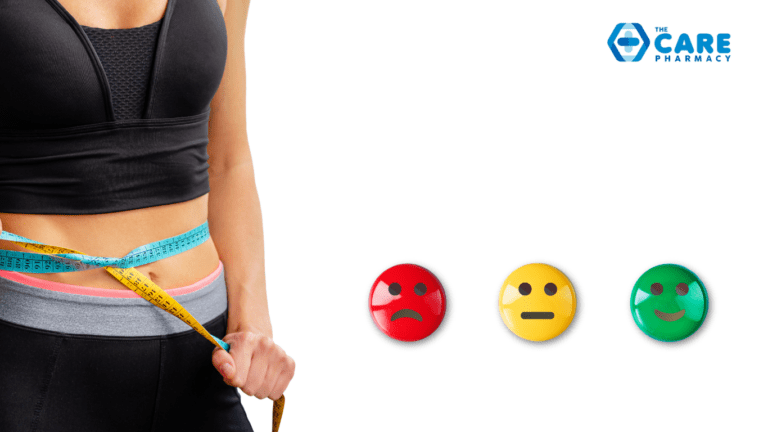
Mounjaro (tirzepatide) has emerged as a promising medication for weight management, offering hope to
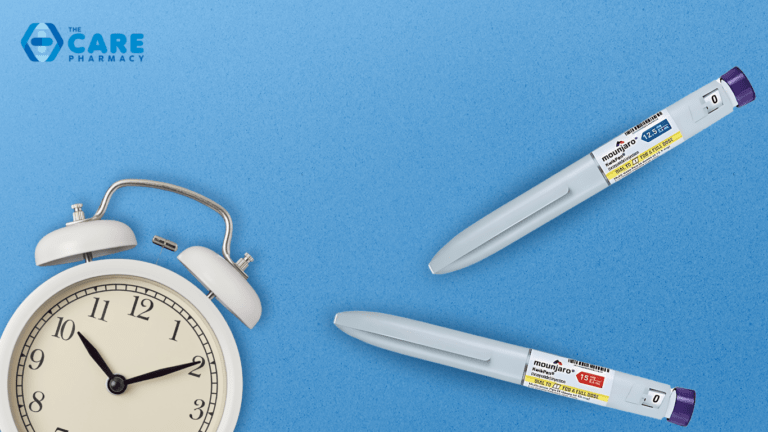
Mounjaro (Tirzepatide) has gained significant attention as a game-changer in weight loss and diabetes

Fasting during Ramadan presents unique challenges for individuals managing their weight loss journey with

Losing weight can be an uphill battle, especially when dealing with constant hunger and

Obesity is a growing global health concern, with millions of people seeking effective solutions
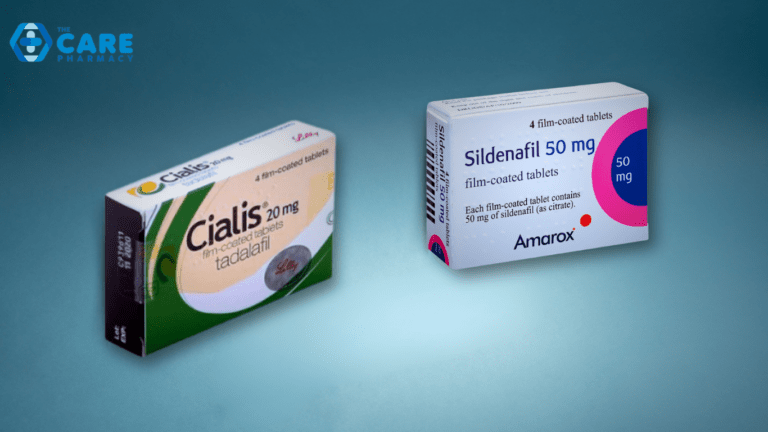
Erectile dysfunction (ED) affects up to one in five men in the UK, impacting

With the increasing popularity of Mounjaro as a weight-loss injection, many individuals are turning
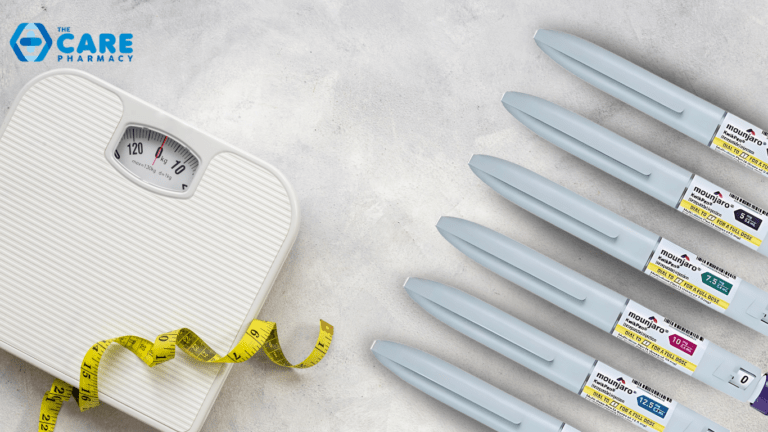
Mounjaro Maintenance Dose: The Key to Lasting Weight Loss Losing weight is tough—but keeping
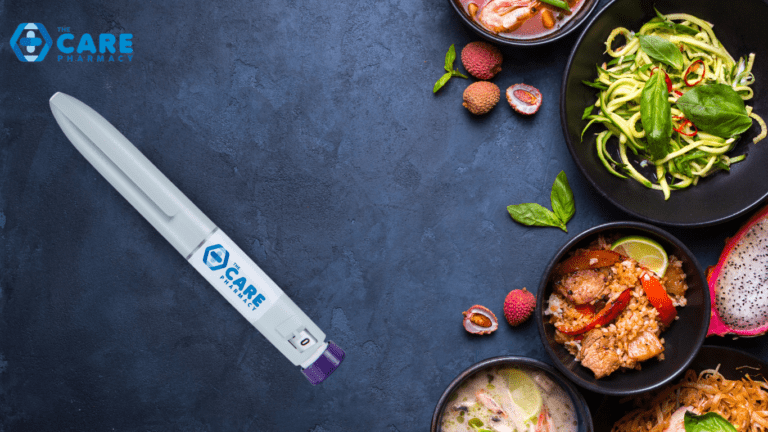
Managing your weight and overall health with Mounjaro requires more than just taking the
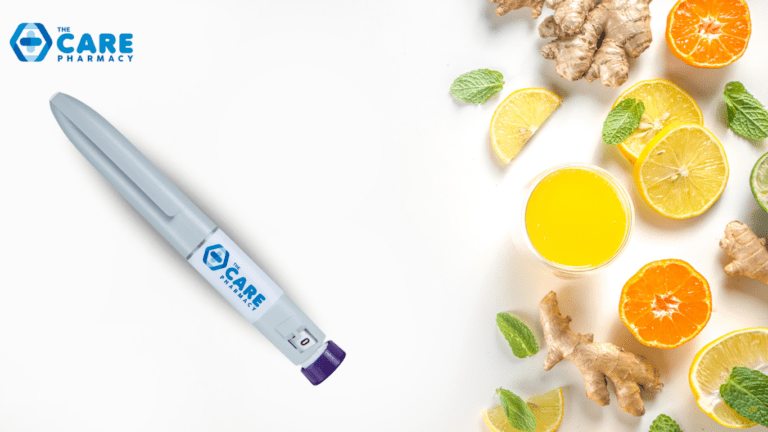
Have you felt tired, light-headed, or experienced muscle cramps while taking Mounjaro? These symptoms

Are you struggling with obesity and looking for a clinically proven treatment? Well, Mounjaro

Eli Lilly’s latest development, Retatrutide, is showing great potential as a groundbreaking treatment for

It is reported by The Health Survey for England 2021 that almost 26% of
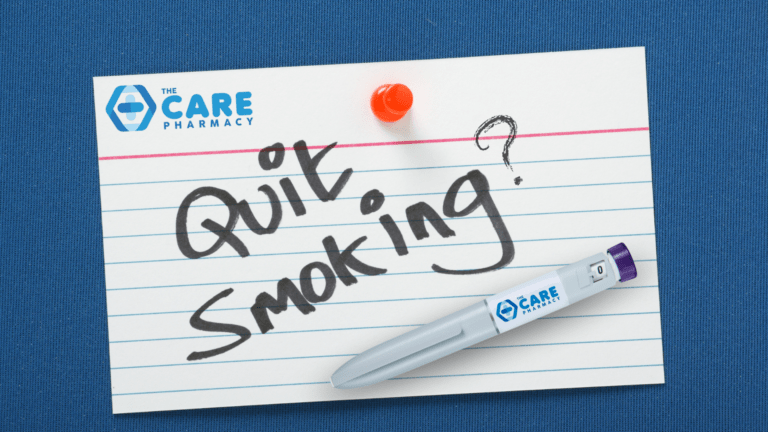
A big worry for people quitting smoking is gaining weight. Nicotine suppresses appetite and

Are you wondering why Wegovy isn’t delivering the results you had hoped for? It
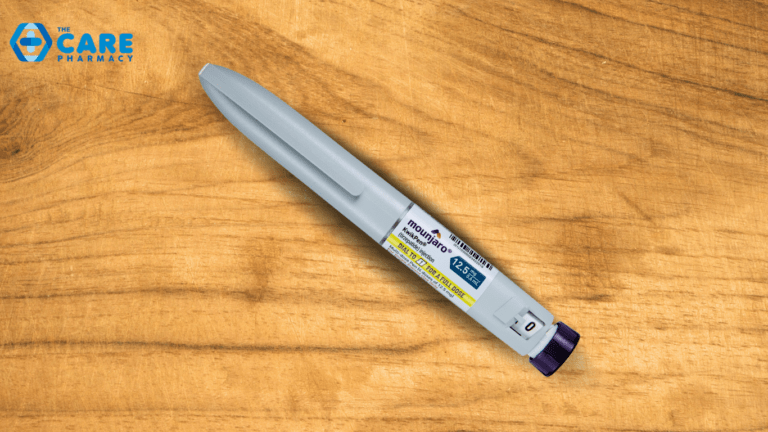
Many individuals find the idea of self-administering medication through injection quite intimidating, largely due

Obesity is a growing concern in the UK, with recent statistics painting a stark
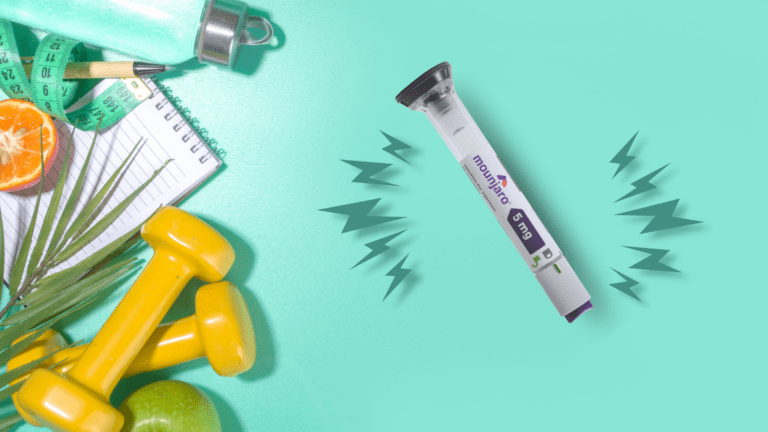
Mounjaro, a weight loss medication used to treat type 2 diabetes and chronic weight
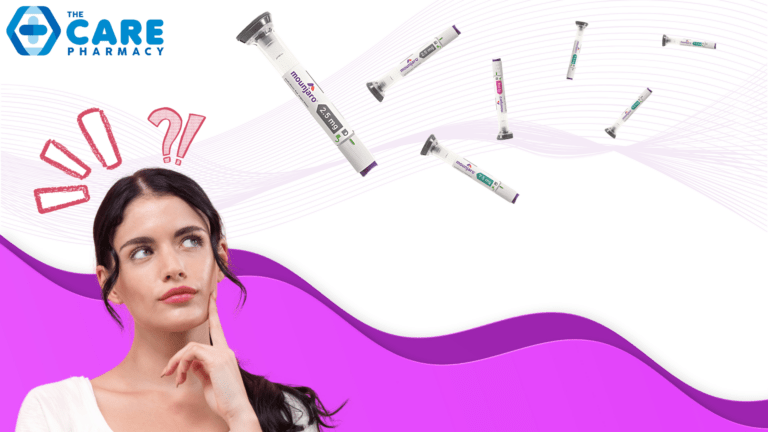
If you’re struggling with obesity, you must have heard numerous pieces of advice about
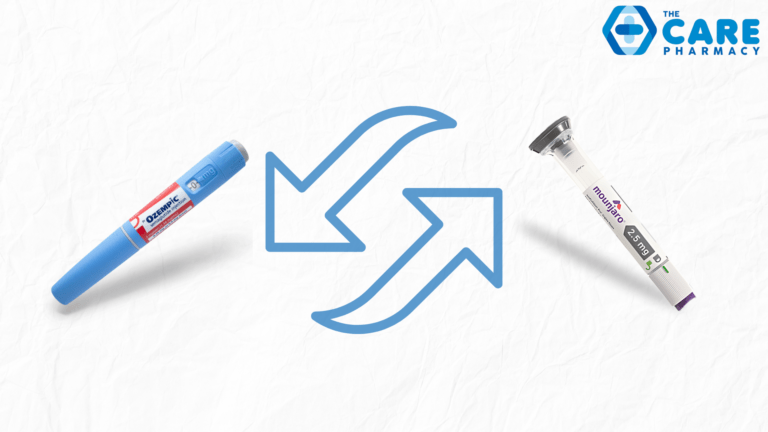
You can switch from Ozempic to Mounjaro because Ozempic is not a weight loss
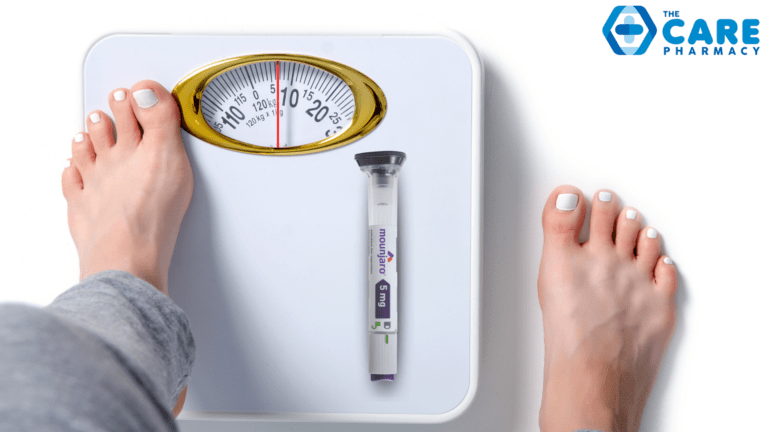
Mounjaro has recently been approved by MHRA for chronic weight management and has got
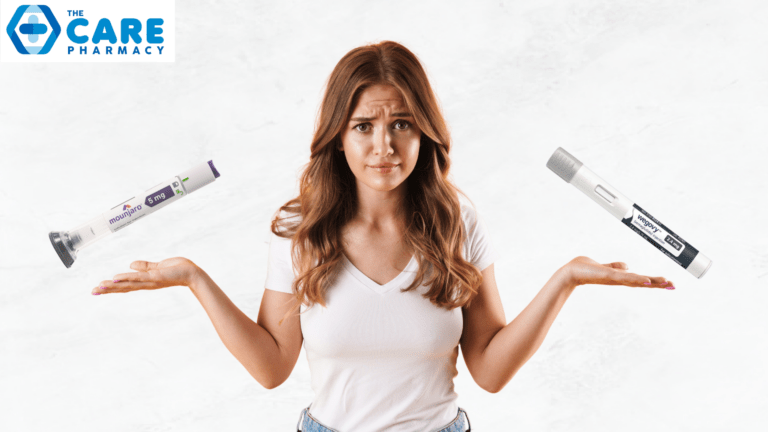
Nearly 30% of UK adult population is affected by obesity, creating a high demand

Losing weight can be both challenging and rewarding. However, Wegovy assists your weight loss
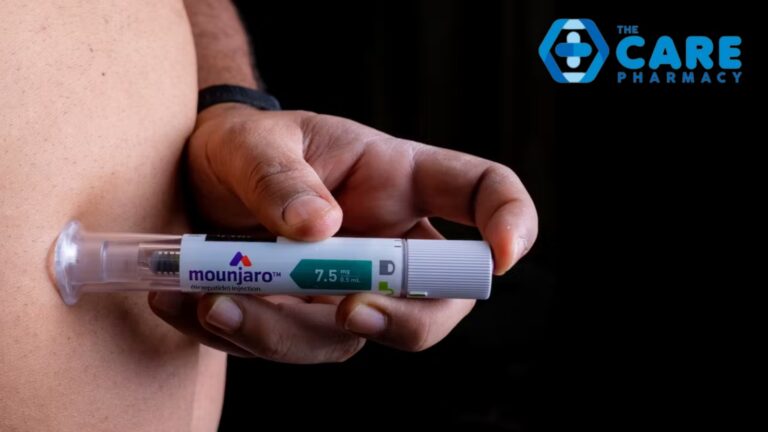
Obesity is a rapidly increasing problem all around the world. About 64% of adults

NHS England has introduced a new service called Pharmacy First to help with the
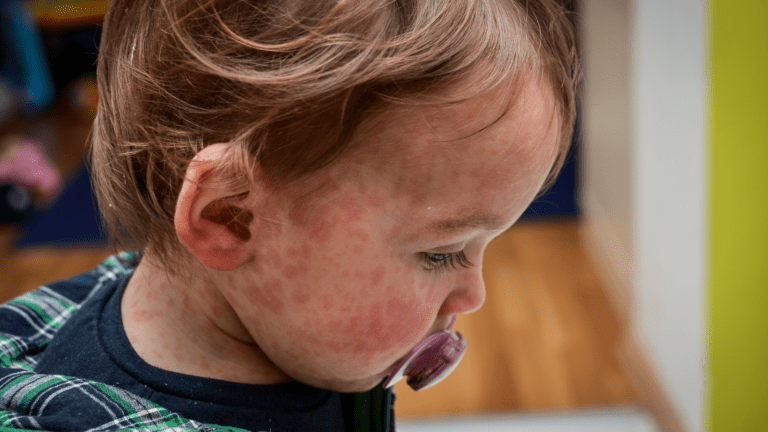
Health care experts warn that measles cases are expected to increase rapidly unless more
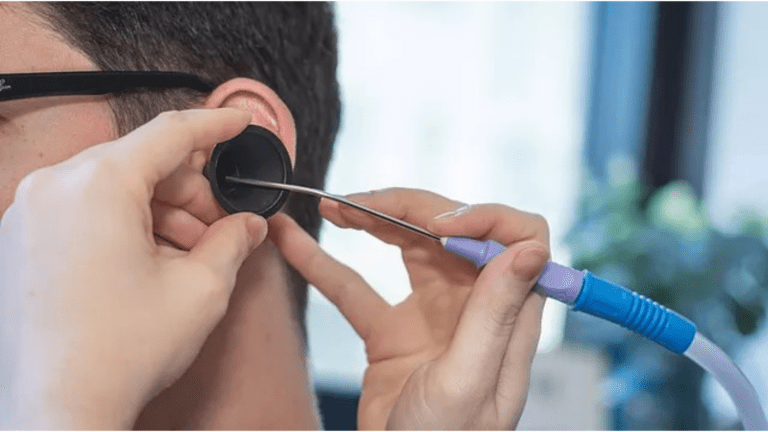
Being able to hear clearly is a priceless gift anyone can have because it

Are you currently taking Ozempic for weight loss? And wondering if you could switch

Are you struggling to shed those extra pounds with diet and exercise? You might

Most of us are busy in the hustle and bustle of daily life, and

According to UK Health Media, Obesity is a big problem for the NHS in

Starting your weight loss journey and selecting the appropriate dosage of medicine can be
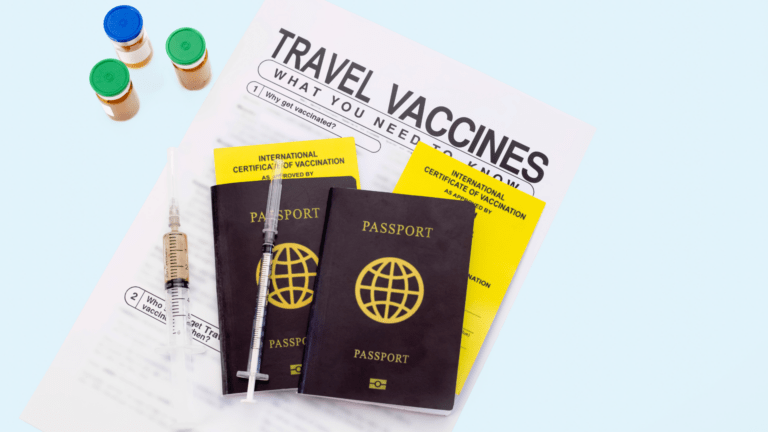
Travelling is one of life’s most enriching experiences. It allows you to explore new
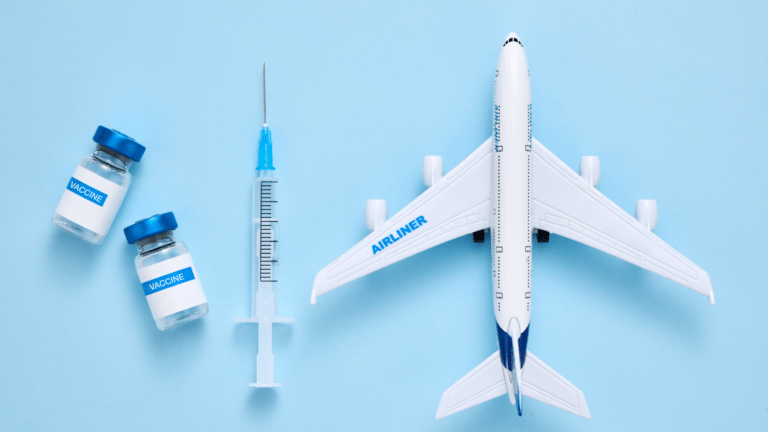
Travel Vaccination Courses UK Are you thinking about going on a trip to another
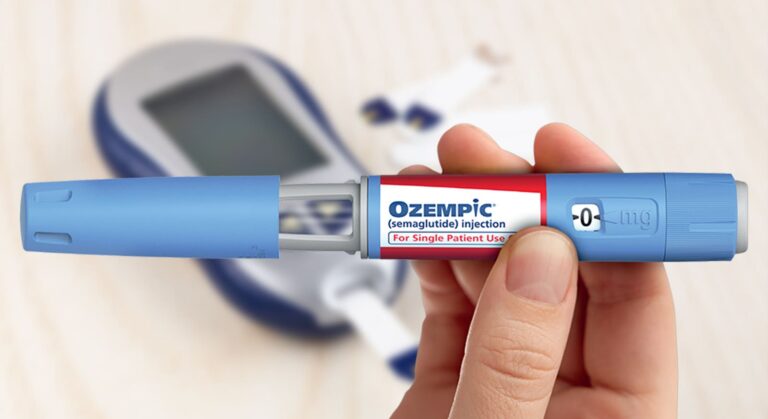
Ozempic, containing the active ingredient Semaglutide, is currently not licensed for weight loss in

If you’re trying to manage type 2 diabetes or obesity, you’ve probably come across
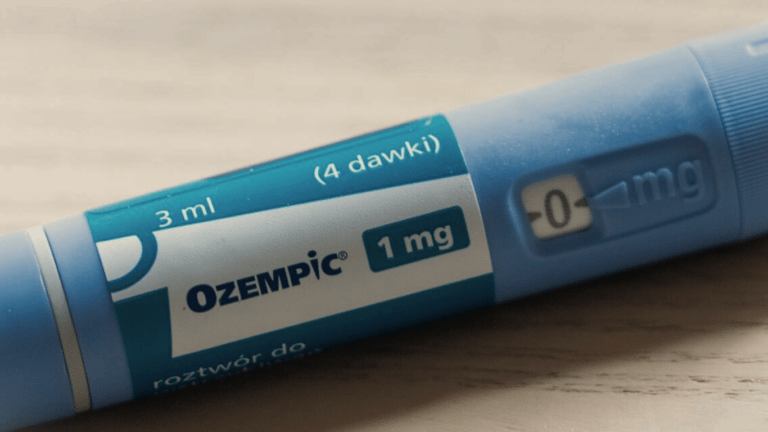
Ozempic Usage, Benefits, Side Effects, And More Maintaining a healthy lifestyle is more crucial

Aspirin: Uses, Side Effects, and Cautions A reliable and effective medication is crucial in

Mindful Eating: How to Develop Healthy Relationship with Food Have you ever found

Struggling with Thinning Hair? Top 5 Hair Loss Treatments That Actually Work! Hair loss

Ordering Prescriptions Online in UK: The New Normal Online pharmacies have steadily risen in


The C0VID-19 vaccine works by training the immune system to recognise and fight the virus that causes C0VID-19, specifically its spike protein. C0VID-19 is a respiratory tract disease, mainly spread through respiratory droplets, aerosols, and direct contact with other people.
Chickenpox is a common viral infection caused by the varicella zoster virus. This vaccine is suitable for adults and children aged between one and 65 years.
Shingles vaccine helps to protect against getting shingles.Shingles is an infection that causes a painful rash and It’s suitable for adults aged 50 and above.
Yellow fever is a viral disease caused by the yellow fever virus and transmitted through the bite of infected mosquitoes. It can lead to severe symptoms, including fever, headache, jaundice, and in severe cases, organ failure and death. Travelers visiting areas where yellow fever is endemic, particularly in tropical regions of Africa and South America, are at risk of contracting the disease. The yellow fever vaccine is a highly effective preventive measure for travelers. The typical dosing routine involves a single dose of the vaccine, which provides immunity for at least 10 years. Some countries require proof of yellow fever vaccination for entry. It is essential for travelers to get vaccinated before their journey to protect themselves and prevent the spread of the disease.
Typhoid is a bacterial infection caused by the bacterium Salmonella Typhi. It spreads through contaminated food and water, and its symptoms include high fever, abdominal pain, and severe gastrointestinal issues. Travelers visiting regions with poor sanitation and inadequate hygiene standards are at a heightened risk of contracting typhoid. The typhoid vaccine is a crucial preventive measure for travelers. There are two types of typhoid vaccines available – the injectable vaccine and the oral vaccine. The typical dosing routine for the injectable vaccine involves a single shot. Get vaccinated against typhoid – it is essential for travelers to avoid the risk of infection and enjoy a safe and healthy journey.
Tick-borne encephalitis (TBE) is a viral disease transmitted to humans through the bite of infected ticks. It primarily affects the central nervous system and can lead to severe neurological symptoms, such as inflammation of the brain. Travelers visiting regions where TBE is endemic, especially during outdoor activities in wooded or grassy areas, face an increased risk of contracting the disease. The TBE vaccine provides effective protection against this potentially serious infection. The typical dosing routine involves a series of two to three doses, depending on the vaccine type used. Booster doses are also recommended to maintain immunity over time. Getting vaccinated against TBE is essential for travelers to mitigate the risk of infection and enjoy a safe and enjoyable trip.
Rabies is a deadly viral disease that affects the nervous system and is primarily transmitted through the bite of infected animals. The virus can cause a fatal infection if not treated promptly. Travelers, especially those visiting regions where rabies is prevalent and may have encounters with stray animals or wildlife, face an increased risk of contracting the disease. The Rabies vaccine is a preventive measure to protect against rabies. The typical dosing routine involves a series of doses. Typically this is given before potential exposure to the virus or after a potential exposure to ensure effective protection. Getting vaccinated against rabies is crucial for travelers to avoid the devastating consequences of this lethal infection and enjoy a safe journey.
The Pneumococcal vaccine, available as pneumococcal conjugate vaccine (PCV) and pneumococcal polysaccharide vaccine (PPSV), provides protection against various strains of pneumococcal bacteria. These bacteria can cause serious infections, including pneumonia, meningitis, and bloodstream infections. The PCV is primarily given to infants and young children, while PPSV is typically administered to older adults and individuals with specific medical conditions.
The typical dosing routine for PCV involves a series of doses given at specific ages during infancy. PPSV requires a single dose for most individuals, with a possible booster dose after a certain period.
The MMR vaccine is a combination vaccine that provides protection against three highly contagious diseases: measles, mumps, and rubella. It is a crucial part of routine childhood immunizations. Also, it is recommended for adults who have not been vaccinated or lack immunity to these diseases. The typical dosing routine for the MMR vaccine involves two doses. The first dose is administered around the age of 12 to 15 months, and the second dose given between 4 to 6 years old. Getting vaccinated with the MMR vaccine is essential to prevent the spread of these potentially serious infections.
Ensure you and your loved ones are protected against measles, mumps, and rubella! Our experienced healthcare professionals are ready to provide you with the MMR vaccine. Come and get vaccinated with us to safeguard your health and contribute to a healthier community.
Meningitis B is a bacterial infection causing inflammation of the brain and spinal cord membranes. The risk of contracting it while traveling is generally low but increases in crowded settings. Be aware of the symptoms and ensure protection by getting vaccinated with us before your journey. Stay informed and stay safe during your travels.
Meningitis ACWY is a bacterial infection that causes inflammation of the membranes surrounding the brain and spinal cord. The disease is caused by different types of bacteria, namely A, C, W, and Y. It can lead to severe health complications, including brain damage and death. Travelers, especially those visiting crowded settings like festivals, pilgrimages, or dormitory-style accommodations, may face an increased risk of contracting meningitis ACWY. To minimize the risk, vaccination is recommended, particularly when traveling to areas with active outbreaks or regions where the disease is more prevalent.
Japanese encephalitis is a viral infection transmitted through mosquito bites, primarily found in rural areas of Asia and the Western Pacific. The disease affects the brain and can lead to severe inflammation, resulting in neurological complications or even death. Travelers visiting or residing in regions where Japanese encephalitis is endemic, especially during the peak mosquito season, face an increased risk of contracting the virus. Taking preventive measures, such as using mosquito repellents, wearing protective clothing, and getting vaccinated, is crucial for travelers to reduce their risk of Japanese encephalitis and enjoy a safe journey.
The typical dosing for the Japanese encephalitis vaccine involves a two-dose series, with the second dose administered 28 days after the first.
Human papillomavirus (HPV) is a common viral infection that is primarily transmitted through sexual contact. There are multiple strains of HPV, some of which can lead to genital warts and others that can cause various cancers, including cervical, anal, and throat cancer. Travelers, especially those engaging in risky sexual behaviors, may be at risk of contracting HPV, as the virus can be prevalent worldwide. Practicing safe sex and getting vaccinated against HPV are essential preventive measures for travelers to reduce their risk of infection and the associated health complications.
The Hepatitis A Typhoid combined vaccine is a convenient option for travelers seeking protection against both Hepatitis A and typhoid fever. The typical dosing schedule involves a single shot, providing immunity against both infections. This combination vaccine saves time and effort while ensuring comprehensive coverage against these travel-related diseases.
The Hepatitis A Hepatitis B combined vaccine offers protection against both Hepatitis A and Hepatitis B viruses. The typical dosing schedule involves three doses, administered at 0, 1, and 6 months. This vaccine is an excellent option for individuals seeking comprehensive protection against both hepatitis viruses in a convenient single shot.
Cholera is a severe bacterial infection causing profuse watery diarrhea and vomiting, primarily transmitted through contaminated food and water. Traveling abroad increases the risk of contracting cholera. This is especially true in areas with poor sanitation or during outbreaks. Taking preventive measures such as getting vaccinated is crucial for travelers’ protection.
The Cholera vaccine is typically administered as two-doses, the first dose given at least one week before potential exposure to cholera and the second dose taken at least one week after the first dose.
Traveling to high-risk areas? Our trained healthcare professionals are here to help! Come and get your cholera vaccine today to ensure a safe and worry-free journey.
Hepatitis B is a viral liver infection primarily transmitted through infected blood or body fluids. Travelers and others in high-risk situations, such as unsafe medical procedures or unprotected sex, face an increased risk of contracting the virus. Vaccination against hepatitis B and adopting preventive measures are essential to safeguard against this serious infection.
The typical dosing for the hepatitis B vaccine involves a series of three doses. The initial dose is followed by a second dose at least one month later, and a third dose six months after the first dose. This vaccination provides long-term protection against hepatitis B.
Hepatitis A is a viral infection that primarily affects the liver, causing inflammation and potentially leading to symptoms like fever, nausea, and jaundice (yellowing of the skin and eyes). The virus is commonly transmitted through consuming contaminated food or water. While hepatitis A can occur anywhere, the risk of contracting it increases significantly when traveling abroad, especially to regions with poor sanitation and hygiene practices. Tourists may unknowingly consume contaminated food or water, putting them at risk of infection. It is crucial for travelers to be aware of the risk and take preventive measures, such as getting vaccinated against hepatitis A, to protect themselves during their journeys.
The typical dosing for the hepatitis A vaccine involves a two-dose series. The first dose is administered before potential exposure to the virus, and the second dose is given 6 to 18 months later to provide long-term immunity. For a booster dose, a single shot is usually recommended for ongoing protection after the initial series. Ensuring full vaccination with the recommended dosing schedule is essential to prevent hepatitis A infection and maintain immunity, especially when traveling to regions with a higher risk of the disease.
Diphtheria, tetanus, and polio are significant infectious diseases to consider when traveling abroad. Diphtheria is a respiratory infection that causes breathing difficulties and potentially life-threatening complications. Tetanus, also known as “lockjaw,” induces severe muscle stiffness and spasms, transmitted through contaminated wounds. Polio is a viral infection that can lead to paralysis, impacting the nervous system. While vaccinations have controlled these diseases in many places, some regions may still pose risks.
Before traveling, it is recommended to get a single booster dose for diphtheria, tetanus, and polio. This reinforces immunity and reduces the risk of contracting these diseases in regions where they may still be prevalent. Ensure a safe and healthy journey by receiving the recommended booster before you travel.